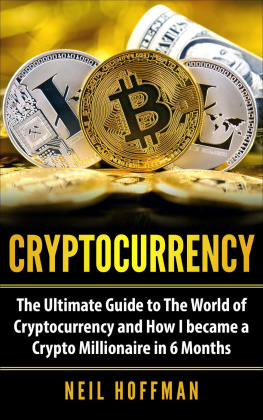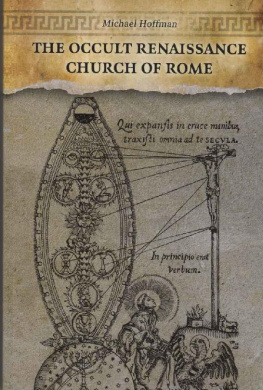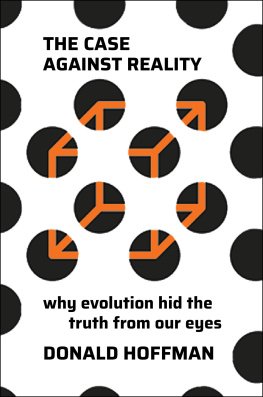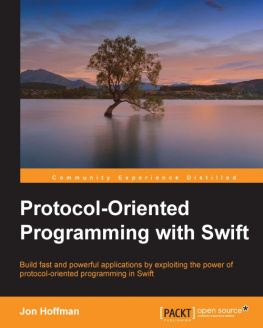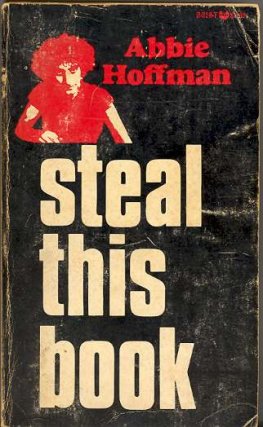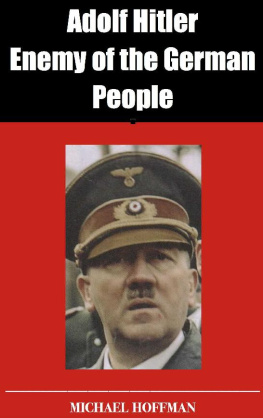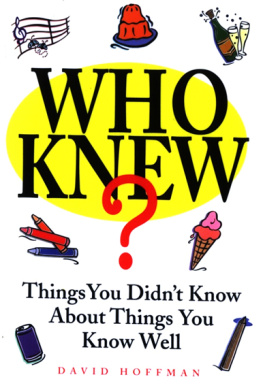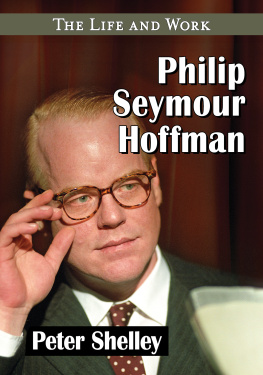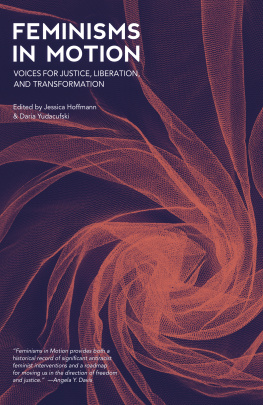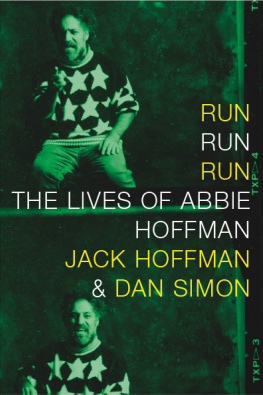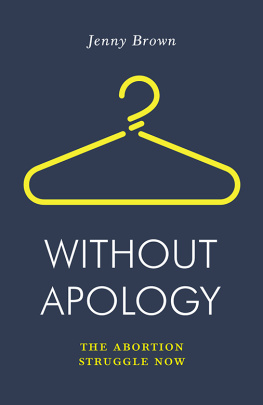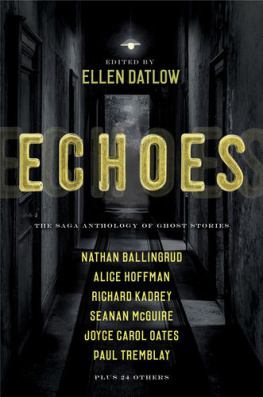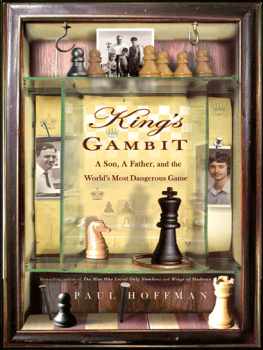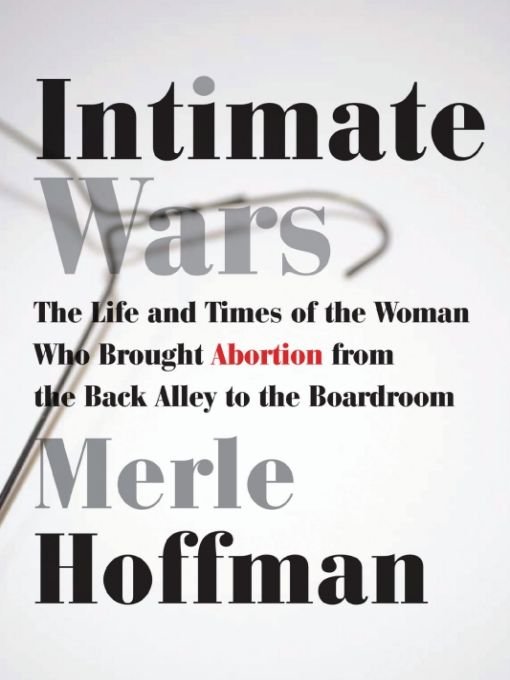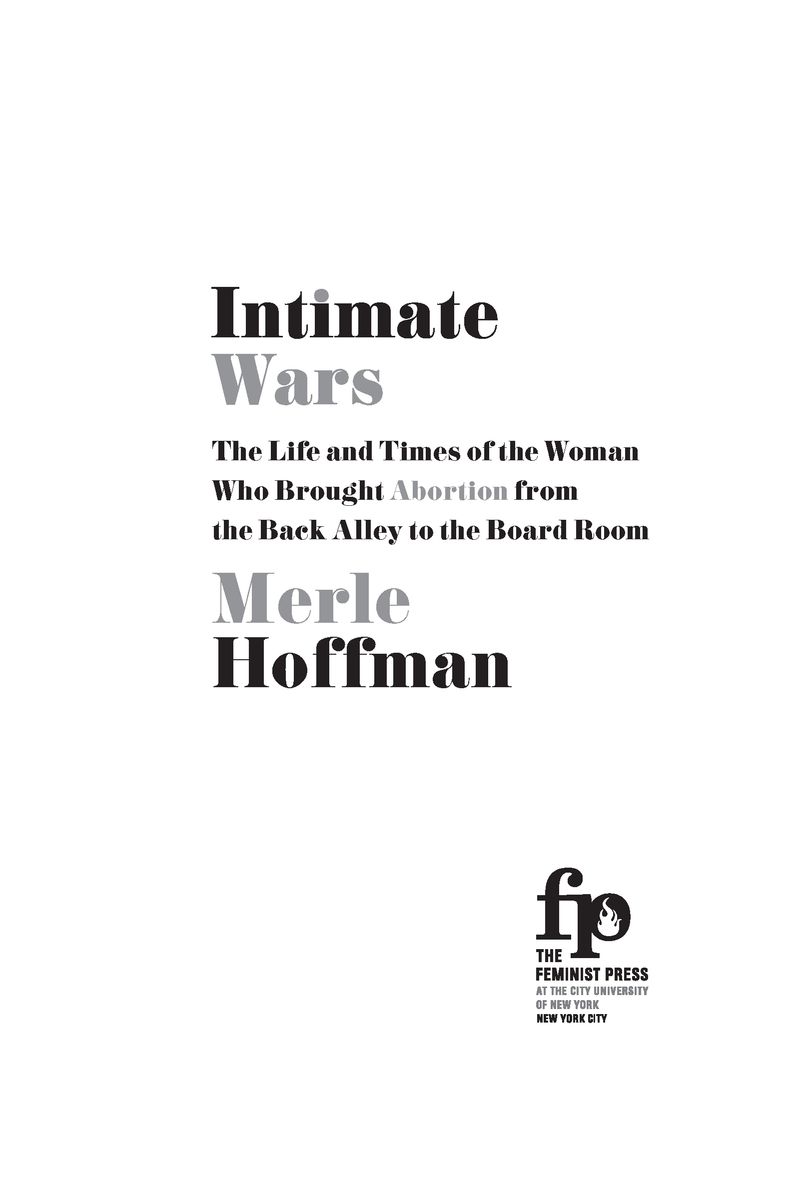Table of Contents
In loving memory of
Ruth Dubow Hoffman,
Jack Hoffman,
Martin Gold,
Mahin Hassibi.
For my daughter,
Sasharina Kate Hoffman,
in gratitude and joy.
Preface
Nothing is so difficult as not deceiving oneself.
LUDWIG WITTGENSTEIN
Twenty years ago I attended a party at which a numerologist offered to analyze my name. After performing what appeared to be complicated mathematical computations she told me my number was elevena power numberthen looked at me quizzically.
How strange, she said. This is the first time I have ever seen this.
What is it? I asked, genuinely concerned.
Your numbers tell me that you make money from war.
I met her gaze steadily as I replied, I do.
AS AN ONLY CHILD growing up in 1950s Philadelphia, I occupied myself with warrior fantasies. My imagination soared with visions of knights, kings, and queens who populated the English history books I would get from the library. The dramatic tales of battles driven by focused energy and heightened danger excited me. It wasnt conquest I was after; it was the warriors extraordinary sense of mission. I was moved by an empathic connection with the vulnerable and oppressed. I wanted to challenge a great evil power, to lead troops into battle for the most noble of causes.
Unfortunately, the world in which I was living allowed for few grand heroics. Rather than a battleground, it was a special kind of wasteland. I grew up at a time when ones worth and acceptance as a female were measured by the width of a crinoline skirt, when French kissing branded you a sexual outlaw, and when little girls dreams revolved around their weddings and lessons learned from watching Queen for a Days ritual of improving ones life with domestic conveniences. It was a vast wilderness of mothers, teachers, and friends encircling me in traditional femininity, creating a suffocating loneliness that I could not name or understand.
I felt powerless to change my fate until Queen Elizabeth I, whose story I discovered at age ten, finally broke that silence. Her survival skills were legendary: her mother was beheaded when she was three and her stepmother executed when she was nine; she was sexually molested at fifteen; and she spent two months imprisoned in the tower, a hairs breadth away from execution herself. She learned to carefully scan the political and emotional landscape for signs of potential danger.
She ruled sixteenth-century England by herself, refusing to marry or to bear children. The androgynous strategies of this woman who wanted to be both king and queen of England were unheard of for a female monarch of her time.
I kept the lessons I learned from Elizabeth close to my heart and my head when I broke free from Philadelphia and came of age in New York City in the 1960s. The time was ripe to pick up her gauntlet and challenge womens traditional roles. I became a child of one of the greatest social revolutions in history, at a time when it became politically possible for women to legally gain and exercise reproductive choicethe power of life and death. A time when the right to choose became the fundamental premise of the movement for womens liberation, and when the expression of that truth was every womans entitlement. After years spent feeling I should have been born in some earlier, more romantic age, I have come to realize that my lifes work would not have been possible in any other era but this one.
In 1971, two years before Roe v. Wade, I opened one of the first legal abortion clinics in the country and thrust myself into a world that came with battles to fight (replete with invasions, death threats, and killings), opportunities for courage and heroism, and the necessity for bold leadership, strategic thinking, philosophical debate, and entrepreneurial skill. There were barbarians at the gate, self-identified as Right to Lifers (anti-choicers, or antis, as I call them throughout this book), waving pictures of bloody fetuses and sometimes hiding bombs or guns under their coats. My sword was a six-foot coat hanger held high over my head as I declared my sisters would never return to back-alley butchery. I raised a bullhorn to rally fellow soldiers, decrying the clinic violence that swept the nation. This was my historic stage. It was a war, and I finally felt I was living my destiny.
I HELPED MIDWIFE an era in which women came closer to sexual autonomy and freedom than ever before in history. The very idea that women could rise up and act in their own best interest electrified men and women alike during those years, and the foundational works of second-wave feminists inspired millions of my peers. But my feminism didnt come from books or theoretical discussions. It came in the shape of individual women presenting themselves for services each day. I began to understand the core principle of feminism as I held the hands of thousands of women during their most powerful and vulnerable moment: their abortions.
I wasnt immune to the physicality of abortion, the blood, tissue, and observable body parts. My political and moral judgments on the nature of abortion evolved throughout the years, but I quickly came to realize that those who deliver abortion services have not only the power to give women control over their bodies and lives, but also the powerand the responsibilityof taking life in order to do that. Indeed, acknowledgment of that truth is the foundation for all the political and personal work necessary to maintain womens reproductive freedom.
MY STORY IS THE STORY of womens struggle for freedom and equality in the twentieth century, but it is also a personal story of obstacles, survival, and triumphs. Like Elizabeth, I did not want to give birth to my successor. I never dreamed of being a mother, nursing a child, shaping a young life. I wantedneededto give birth to myself. And, in the arms of the womens movement, my delivery was aggressive, even violent, with pressures pushing down on me from every direction at times, crushing and battering me as I reached for the freedom to become. Most painful of all were my terrifying glimpses of the all-encompassing sense of being alone. Whatever one can say glowingly about the womens liberation movement and our collective problems requiring collective solutions, this fact cannot be denied: becoming is nothing if not a solo journey. Yet my singular voyage has been enriched with allies, friends, lovers, and family, unexpected intimacies that bear meaning, depth, purpose, and joy.
Thomas Merton taught that there were three vocations: one to the active life, one to the contemplative, and a third to the mixture of both. This book is the story of my mixed life. I am an activist, a philosopher, a transgressor of boundaries. I strive to live in truthor, perhaps, truths. I have not escaped this war unscathed; like all women who have gone into battle, I am scarred. But perhaps that is the definition of wisdom. Perhaps our wounds, the crevasses and cracks in our innocence of perception that come as the price of experience, are our marks of understanding.
My Beginnings
To guide our own craft, we must be captain, pilot, engineer; with chart and compass to stand at the wheel.... It matters not whether the solitary voyager is man or woman; nature, having endowed them equally, leaves them to their own skill and judgment in the hour of danger, and, if not equal to the occasion, alike they perish.


